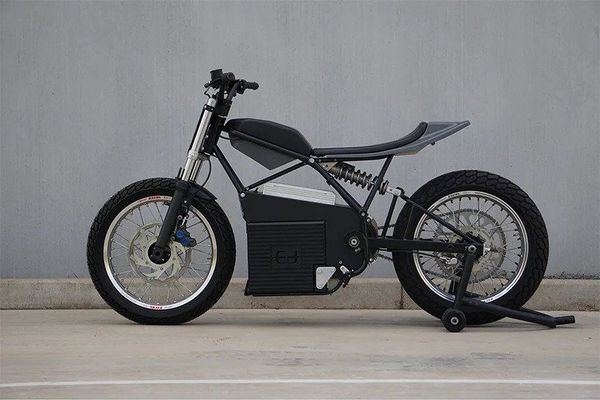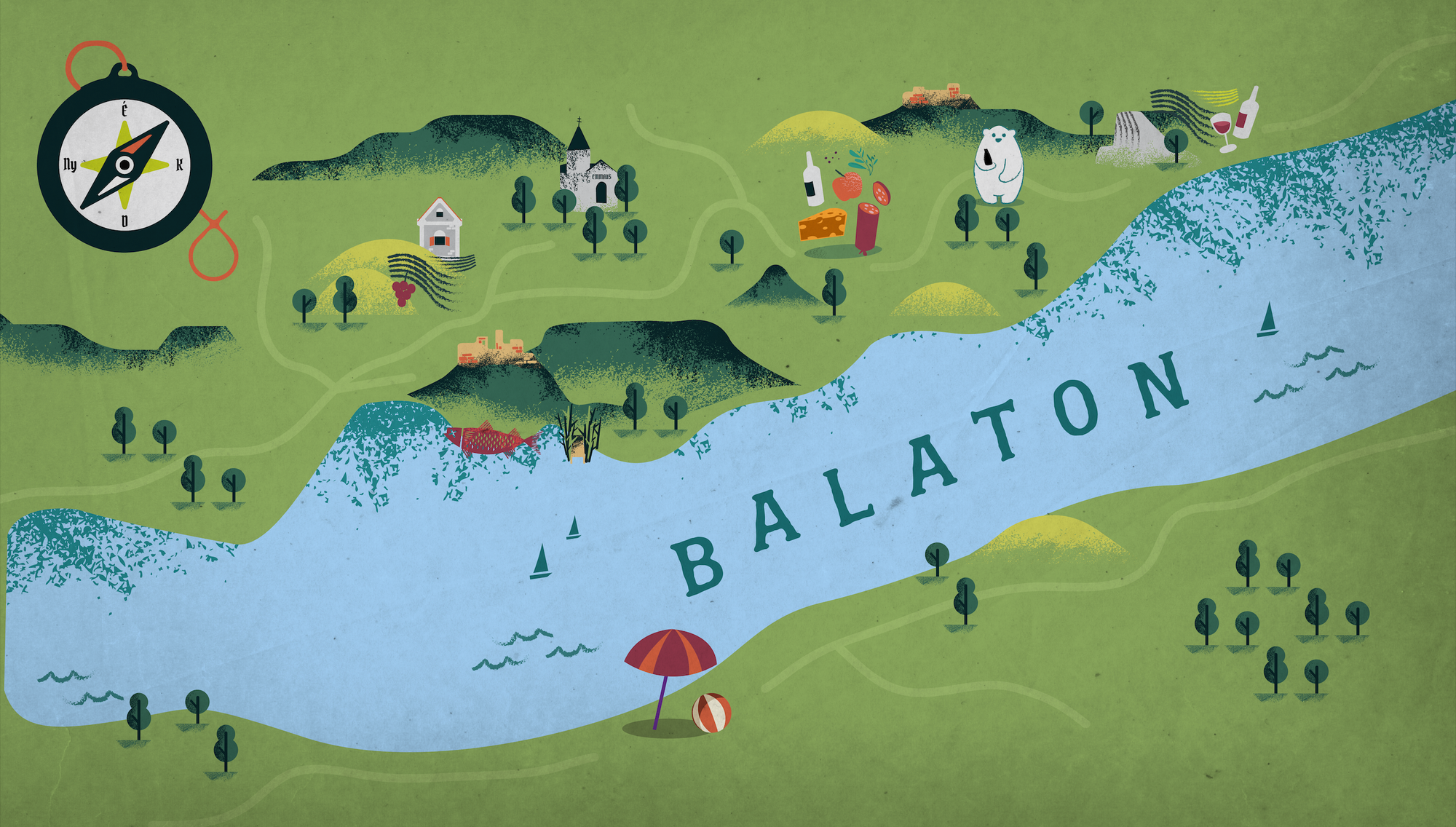The Káli Basin reaching from Zánka to the Orsi Mountain forms part of the Balaton Uplands National Park. The history of the mountain ranges on its territory dates back to several millions years, but we cannot only think of this area as one of the most diverse parts of the Balaton from a geological point of view. Many people compare this always romantic region, bathed in magnificent lights, and interwoven by meandering roads lined with trees to Mediterranean landscapes, but this is not how we like to think of it: we are rather touched and give praise that this, too, is ours. We are aware, of course, that the Balaton region and, within that, the Balaton Uplands are one of the most popular tourist destinations in domestic tourism, however we still didn’t want to exclude it from our series – thus, as the third stop of Indulj el!, we headed to the Hungarian sea.
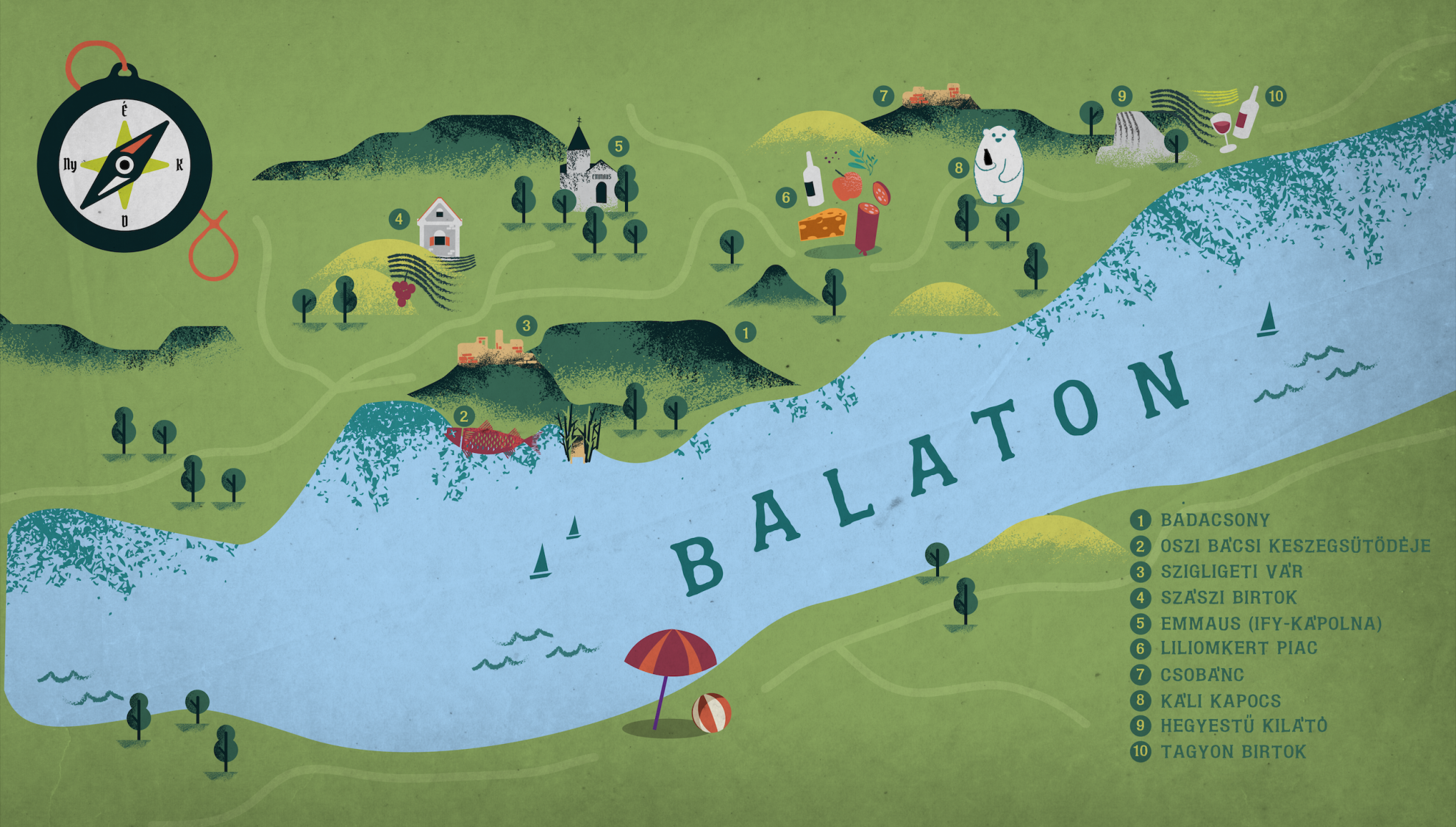
It is not our goal to sprinkle even more glitter on the otherwise already quite popular region, but it is nevertheless important to us to make you remember: beyond hipster hedonism and scenes at the beach fitting into a burlesque, the Hungarian sea also offers values that made Béla Hamvas refer to the Káli Basin as one of the most spectacular landscapes on earth. And well, all we can do is agree with him.
Tagyon Birtok
Tagyon Birtok established in 2009 is situated on the lane of Tagyon Hill, between Zánka and Hegyestű – a winery that has slowly but steadily turned into one of the friendliest places at Balaton Uplands over the past years. Its four hectare area does not only give home to a vineyard, but a wide variety of fruit trees and a vegetable garden, allowing the restaurant of the winery to offer locally sourced dishes prepared with traditional methods. The home-made style also echoes in the size of the portions, so you don’t have to worry about leaving with a half-empty stomach. Tagyon defines itself as a multidimensional venue, and for a good reason: it offers programs and mini festivals from time to time, but one can also opt for a an organized bicycle tour.
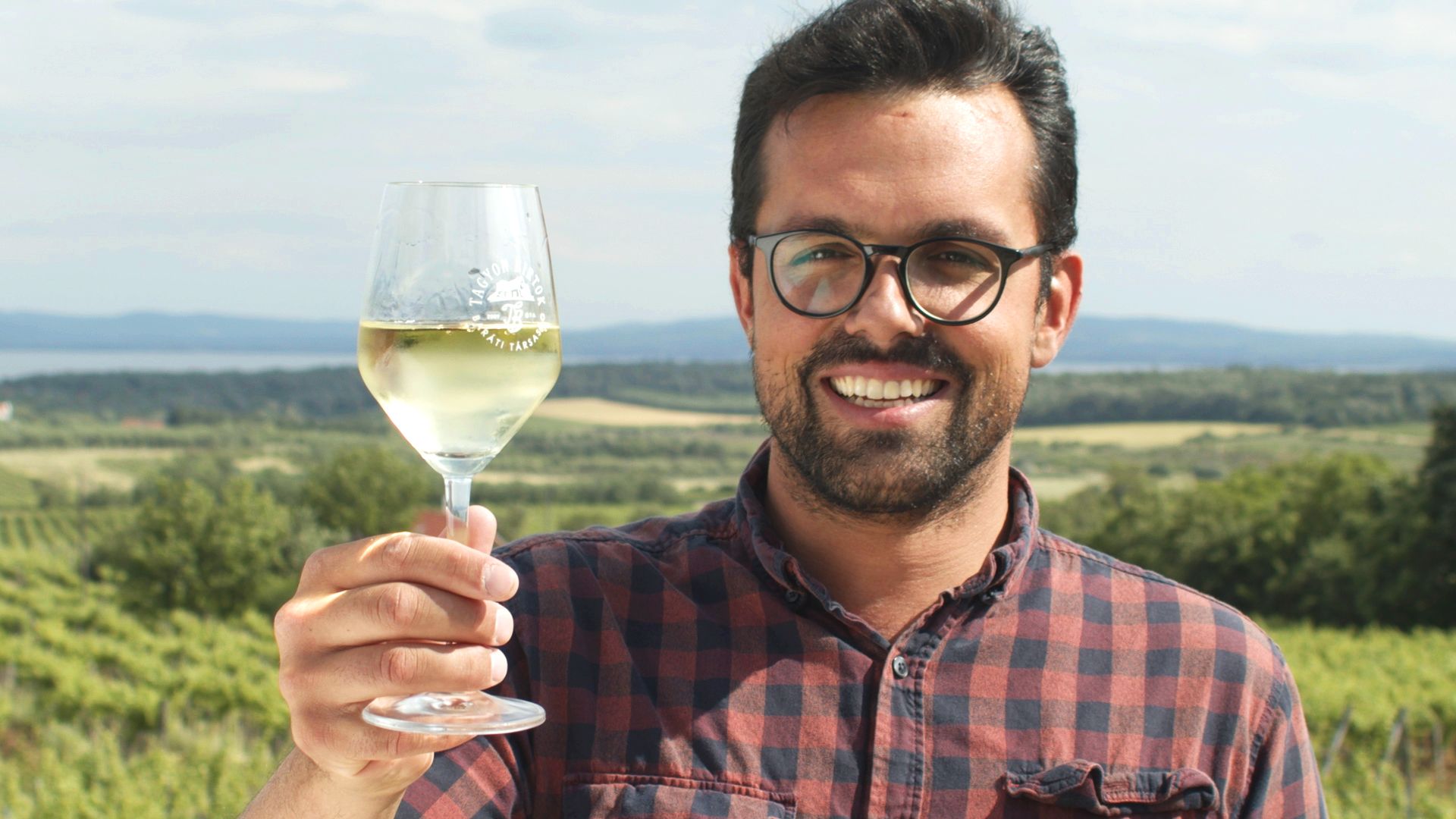
Monadnocks
The characteristic monadnocks of the Balaton Uplands from Badacsony to Somló tell several million-year-old stories. Their foundations were laid down by the rocky alluvion of the rivers meandering here. As a result of tectonic activity, the Balaton Uplands started to rise, while the Tapolca Basin sank down. The Pannonian Sea filling the basin turned into a freshwater lake by separating from the large seas of the world. A few million years later, strong volcanic activity was formed on the Balaton Uplands, and the solidified lava left giant basalt rocks behind. Natural forces polished the weaker, uncemented surface, but the basalt remained: this is how the monadnocks standing as witnesses of the original level of the earth’s surface came into being. Approximately twenty thousand years later, the basin once fully dried out was filled with freshwater once again, Lake Balaton was formed and the hills surrounding it started to serve new goals. Owing to the basaltic soil, significant wine production was already in place during the Roman era, and fortresses were built on the summits of monadnocks many times, especially after the Mongol invasion.
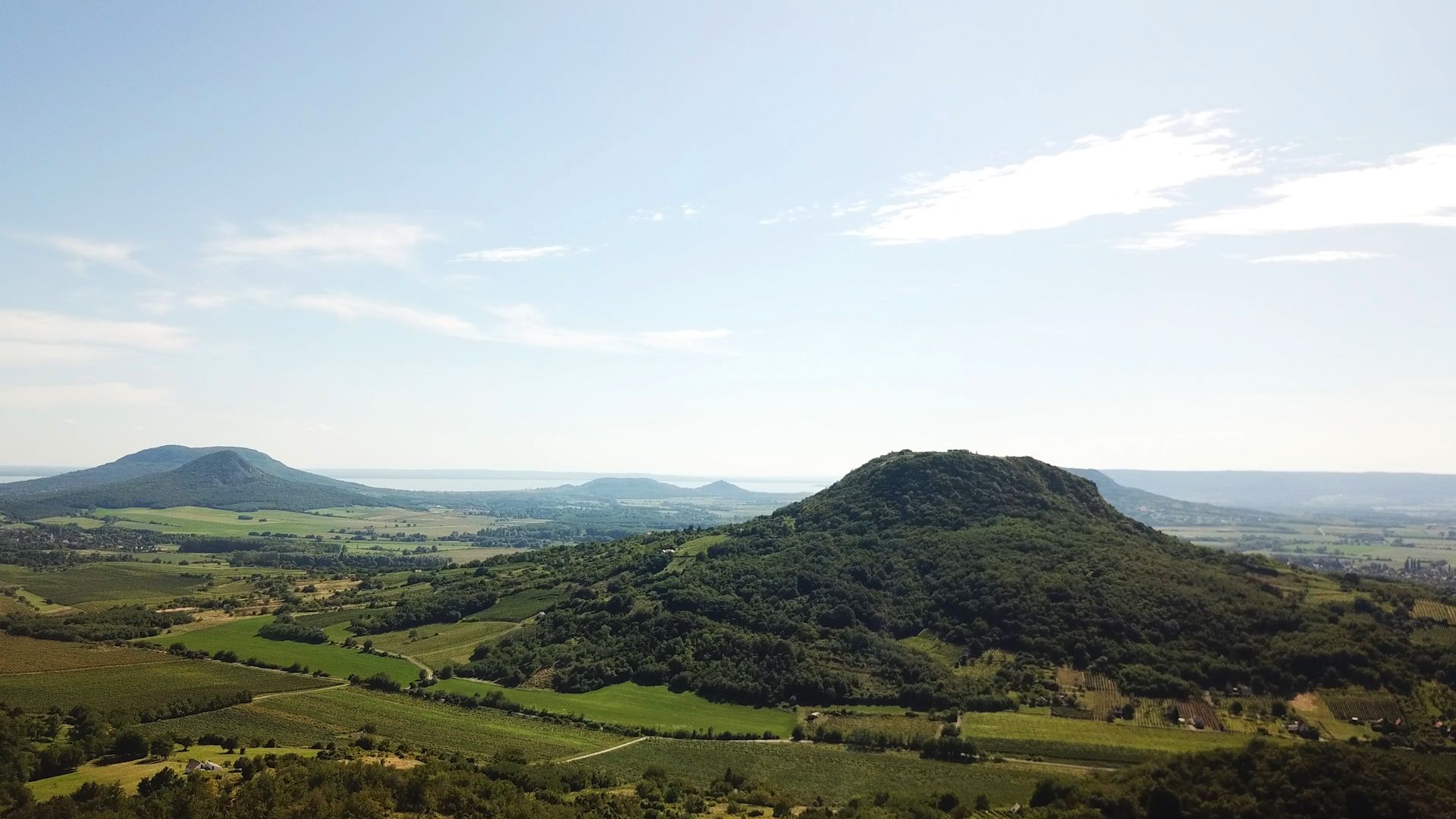
Hegyestű
The eastern gate of the Káli Basin is another basalt lava colossus of a volcano that was once active here several million years ago, the iconic shape of which is owing to the heavily contested basalt mining. The volcanic remains left in peace since 1970 form part of the Balaton Uplands National Park today, and its basalt organ pipes solidified into columns can be visited during opening hours, for a fee.
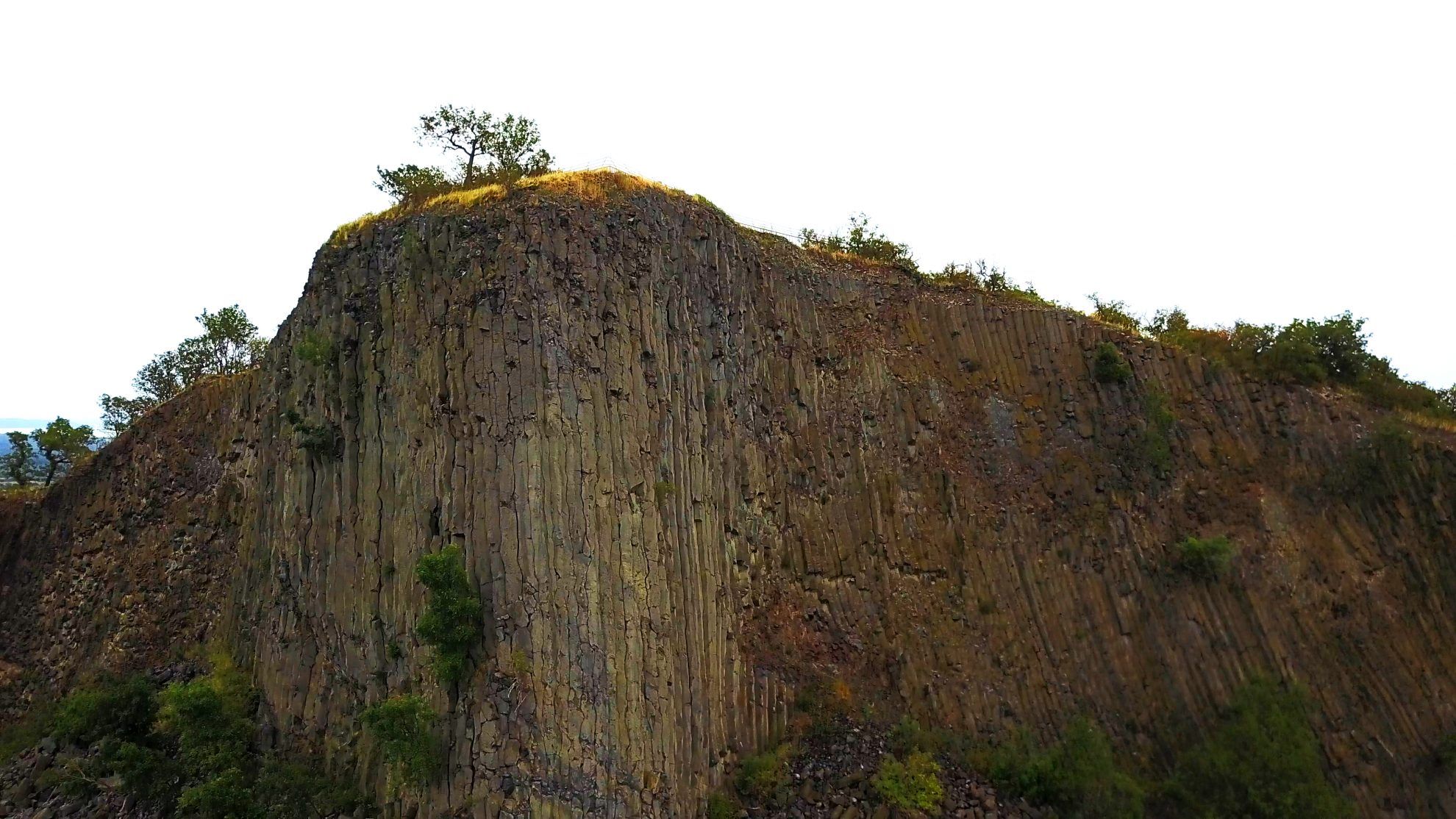
Liliomkert farmers’ market
If there is something we don’t have to introduce is the farmers’ market in Káptalantót, as it has been widely popular for almost ten years – so much so that its area is now full: it cannot expand or accept more vendors either, and well, for a good reason, we must admit. The market opening early on Sunday mornings offers everything we could ever want. In addition to the home-made strudel, pancakes, hot greaves, fresh and crisp vegetables and home-made syrups, artisan products and antiquities also change hands every day – and all this is done on fairytale-like green clearings and surrounded by lovely, smiling people. The market is open both during the summer and the winter, so make sure you pop by, even if only for a nice world and a smile.
Szászi Birtok
Endre Szászi and his wife’s giant estate is situated in the village of Hegymagas, on the southern side of Szent György Hill. Its history started in 1999 by buying two hectares of land. Today, they do bio-cultivation on a total of 16 hectares, resulting in a quite wide assortment of Szászi wines on the wine menu. The terrace of the estate offers an incredible panorama over Szigliget. At times, when the weather is foggy, the fog covers the village as if it were still an island. If we arrive for dinner, and the sun goes down and we can hardly see the view, it’s always a good idea to look up for a bit and gaze upon the starry sky above Lake Balaton.
„A badacsonyi olyan, mint a világhírű művész, a szentgyörgyhegyi olyan, mint az a művész, aki világéletében szobájából is alig mozdult ki és mégis nagyobb művet teremtett, mint akit ünnepeltek.”Béla Hamvas – A bor filozófiája (The Philosophy of Wine)
Emmaus (Ify Chapel)
One can approach Ify Chapel, a building on Szent György Hill abandoned for almost seventy years, located between Tapolca and Szigliget from Hegymagas. The building was erected by Lajor Ify, former vicar of Fonyód, who used it as his hermitage later. They wanted to make Ify ordained in 1917 a peace priest after World War II, but he rather choose to retreat. He built the hermitage and the chapel on his family’s estate at Szent György Hill with his own hands, in which he welcomed both guests and pilgrims unto his death.
The Emmaus, originally a biblical settlement, is indeed a bit eerie in line with the rumors about it, but it also offers a surprisingly serene and idyllic atmosphere. It will make you step out of your comfort zone, for sure.
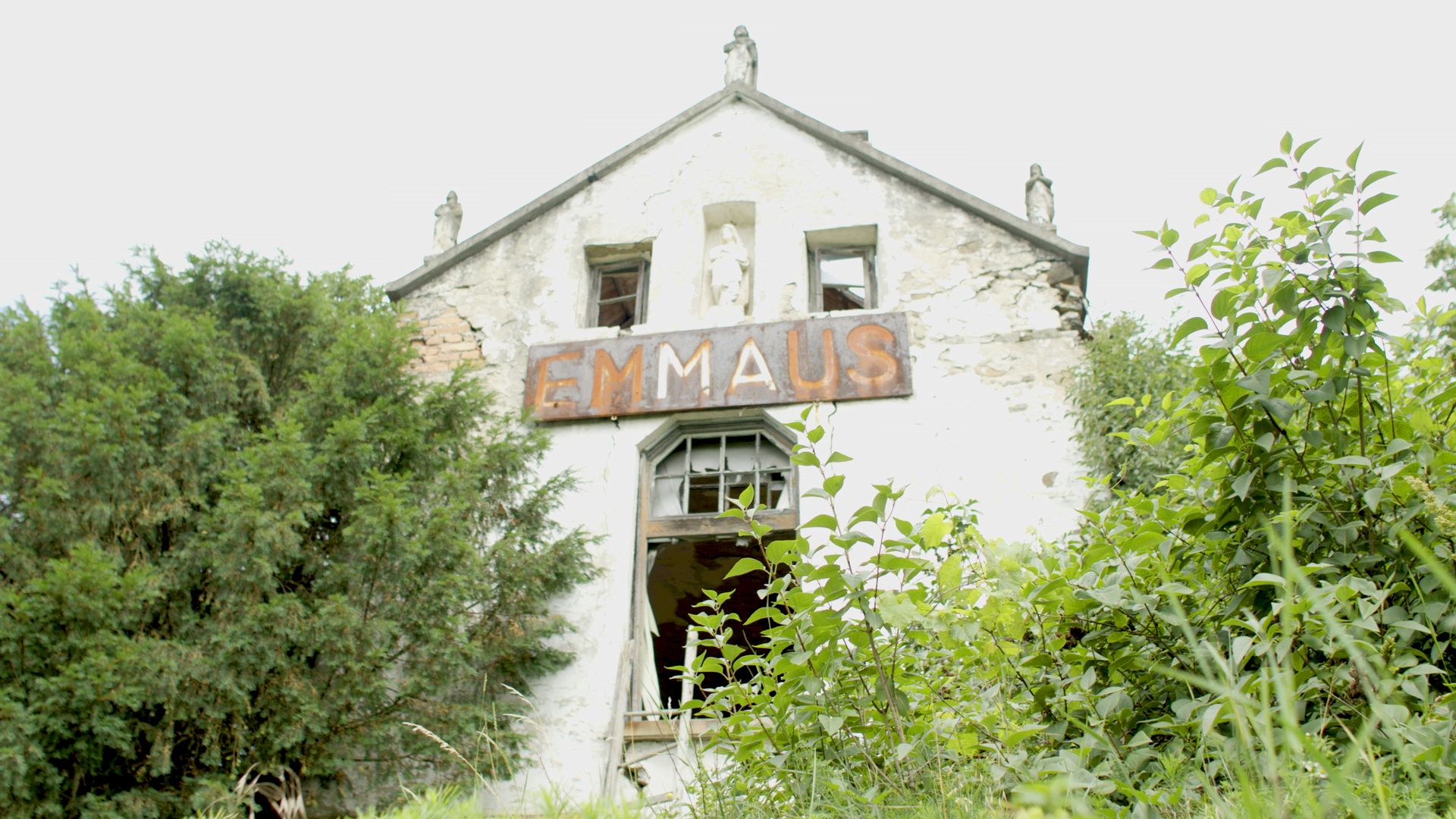
Illustration: László Bárdos

Tiles from Gdynia

Budapest Central European Fashion Week returns in an unexpected, new form
